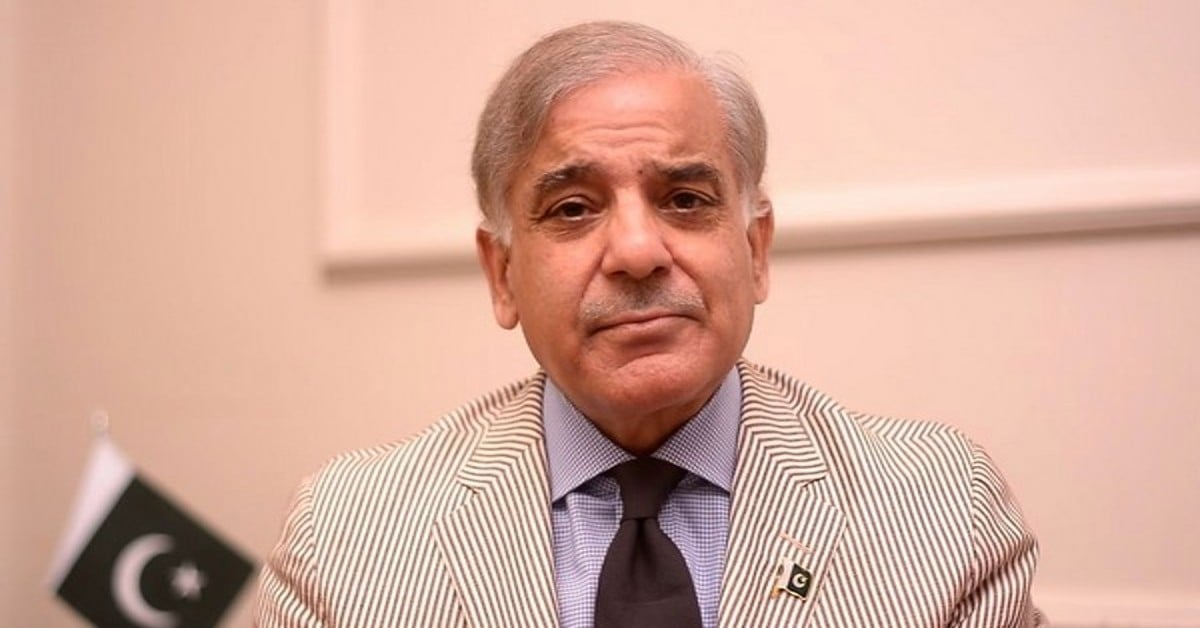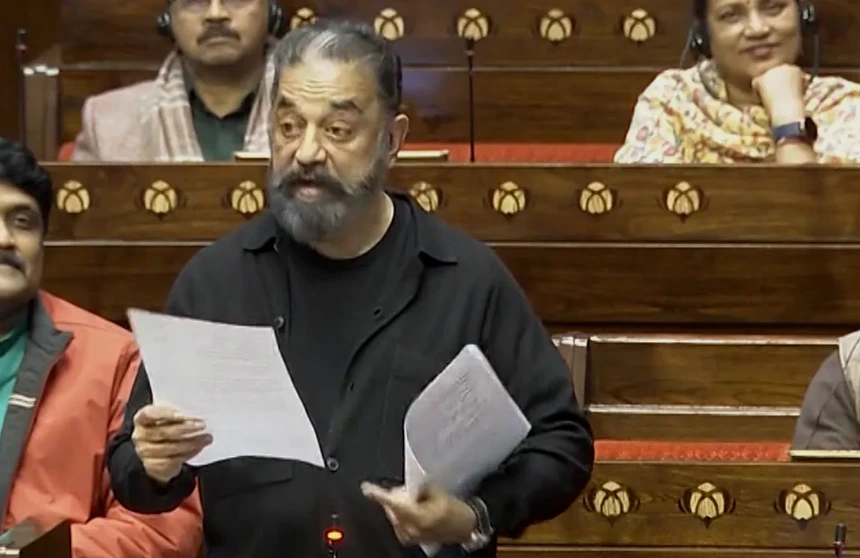[vc_row][vc_column][vc_column_text]At least C$190 million ($145 million) of investors in Bitcoin and other digital currency holders got lost in cyberspace after the chief executive of cryptocurrency exchange QuadrigaCX, Gerald Cotten, the only person with password and security keys to access the money, died suddenly while in Jaipur, India.
Cotten, 30, died of complications from Crohn’s disease on December 9.
While efforts to crack the code and retrieve the money have not yielded results yet, the Vancouver-based company had moved court seeking protection from creditors after weeks of attempting to “locate and secure our very significant cryptocurrency reserves” following Cotten’s death.
The company, QuadrigaCX, said in court filings that the CEO, Gerald Cotten, was the only person who knew the security keys and passwords needed to access the funds.
AFP reported that a Canadian court on Monday granted bankruptcy protection to the company. Another report said that the Supreme Court of Nova Scotia on Tuesday approved the company’s request for protection against creditors for 30 days and the appointment of accounting firm Ernst & Young to sort out Quadriga’s finances and explore a possible sale.
Cotten’s widow Jennifer Robertson said the company has been unable to access an encrypted computer that Cotten reportedly used to store the cryptocurrencies to 1,15,000 users. “I do not know the password or recovery key,” she said. “Despite repeated and diligent searches, I have not been able to find them written down anywhere.”
She added that an expert “has had some limited success in recovering a few coins and some information on Gerry’s cellphones and other computer, but not yet from the main computer he used to conduct business [with]”.
Robertson’s affidavit stated that Cotten’s laptop, email addresses and messaging system were encrypted to prevent them from being hacked, Bloomberg reported. Cotten was the only person in charge of funds and coins as well as the banking and accounting side of the business.
Cotten filed a will on Nov 27, 2018, 12 days before his death listing substantial assets, according to court documents, said a report on NDTV. He left all his assets to his wife, Jennifer Robertson, and made her the executor to his estate, the documents show.
The exchange, launched in December 2013, allowed users to deposit cash or cryptocurrency through its online trading platform, storing the digital coins on blockchain ledgers that are accessible only by an immutable alphanumeric code. The company had 363,000 registered users, of which 92,000 have account balances owing to them in cash or cryptocurrencies, according to court filings. Cotten was the sole officer and director.
The firm can’t retrieve about C$190 million in Bitcoin, Litecoin, Ether and other digital tokens held for its customers, nor can Vancouver-based Quadriga CX pay the C$70 million in cash those clients are owed.
Cotten was always conscious about security – the laptop, email addresses and messaging system he used to run the 5-year-old business were encrypted. He took sole responsibility for the handling of funds and coins and the banking and accounting side of the business and, to avoid being hacked, moved the “majority” of digital coins into what’s known as cold storage, or unconnected to the internet, the filing said.
The problem is, Robertson said she can’t find his passwords or any business records for the company. Experts brought in to try to hack into Cotten’s other computers and mobile phone met with only “limited success” and attempts to circumvent an encrypted USB key have been foiled, she said in the court filing.
The company’s inability to release its clients’ money has created an uproar among angry — and highly suspicious — investors.
While other crypto exchanges have lost their clients’ money, this appears to be the first one that has said it actually lost the keys to its accounts.
Some Quadriga clients who claim they’re owed money are pursuing their own legal avenues, including software engineer Xitong Zou of Orillia, Ontario. The client claims to be owed about C$560,000 from Quadriga — “one of the largest individual affected users” — according to the affidavit filed in a Halifax court on Feb. 5.
Xitong Zou and others are part of an informal committee of affected users that retained law firm Bennett Jones LLP and McInnes Cooper to represent them during the creditor protection proceedings.
Other customers named in the affidavit include: Tong Zou, with C$560,000 outstanding Epsilon One Pty Ltd., with C$1.04 million and $81,697 outstanding Matthew Leudy, with C$438,677 outstanding Benoit Gagne, with C$371,000 outstanding Block Trading Corp., with C$678,043 Tin Do, with C$525,000 and 523 Ethereum.
Quadriga’s platform went offline Jan. 28, and frustrated investors have taken to Reddit and Twitter to discuss their investigations into the company’s claims and potential lawsuits. Some questioned whether Cotten had indeed died — or whether, perhaps, he had faked his death to pull off what is known as an exit scam.
“The death came at a very odd time in the history of that company,” said Emin Gün Sirer, a professor at Cornell University and co-director of the Initiative for CryptoCurrencies and Contracts, according to a New York Times (NYT) report.
He noted that various online sleuths had been searching the blockchain, a ledger that can be updated by decentralized networks, for evidence of where Quadriga had stored its assets, but had found none, which raised red flags.
When it shut down, Quadriga’s platform had 363,000 users, and 115,000 of them had balances in their accounts: about $180 million in cryptocurrency and $70 million in Canadian currency, the court documents state. The exchange enabled trades of bitcoin, Litecoin and Ether, plus other types of cryptocurrency. The largest user claim was valued at about $70 million.
Quadriga was one of 237 widely recognized public cryptocurrency exchanges worldwide, Sirer told NYT. In terms of daily trade volume, it was ranked in the middle of the pack as of October, according to the website CoinMarketCap.
The exchange kept currency in “hot wallets,” which were connected to the internet and could quickly fulfill withdrawal requests, and “cold wallets,” which were kept offline and stored physically, such as on a USB stick, making them more secure, according to court papers.
Cryptocurrency investors, on social media and in interviews, questioned why a chief executive would be the sole point of access to such a vast sum.
In an initial report to the court, Ernst & Young wrote that it was facing an extraordinary set of case facts. Quadriga had no discernible accounting system and no bank account, according to the filing. Cotten typically sent directions to release payments, which were made through third-party payment processors, to employees by email, and payment inflows and outflows “were not systemically tracked,” Ernst & Young wrote.[/vc_column_text][/vc_column][/vc_row]


 Latest world news12 hours ago
Latest world news12 hours ago
 Latest world news13 hours ago
Latest world news13 hours ago
 Cricket news12 hours ago
Cricket news12 hours ago
 India News9 hours ago
India News9 hours ago
 India News4 hours ago
India News4 hours ago













